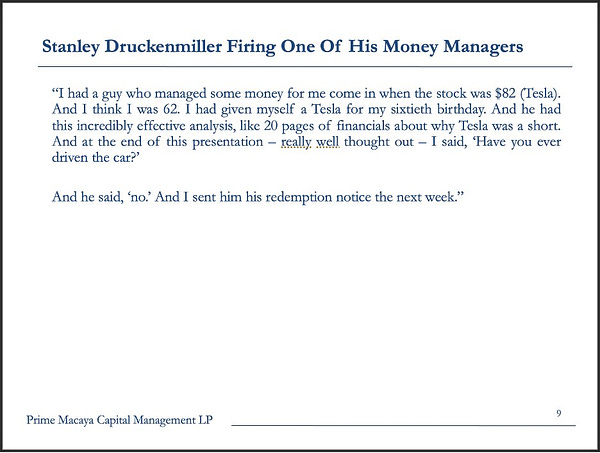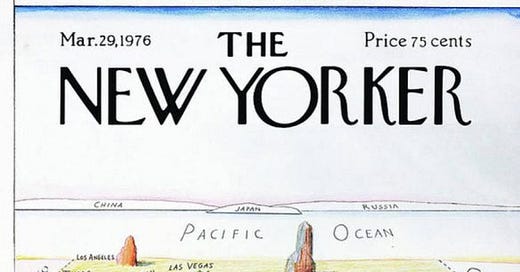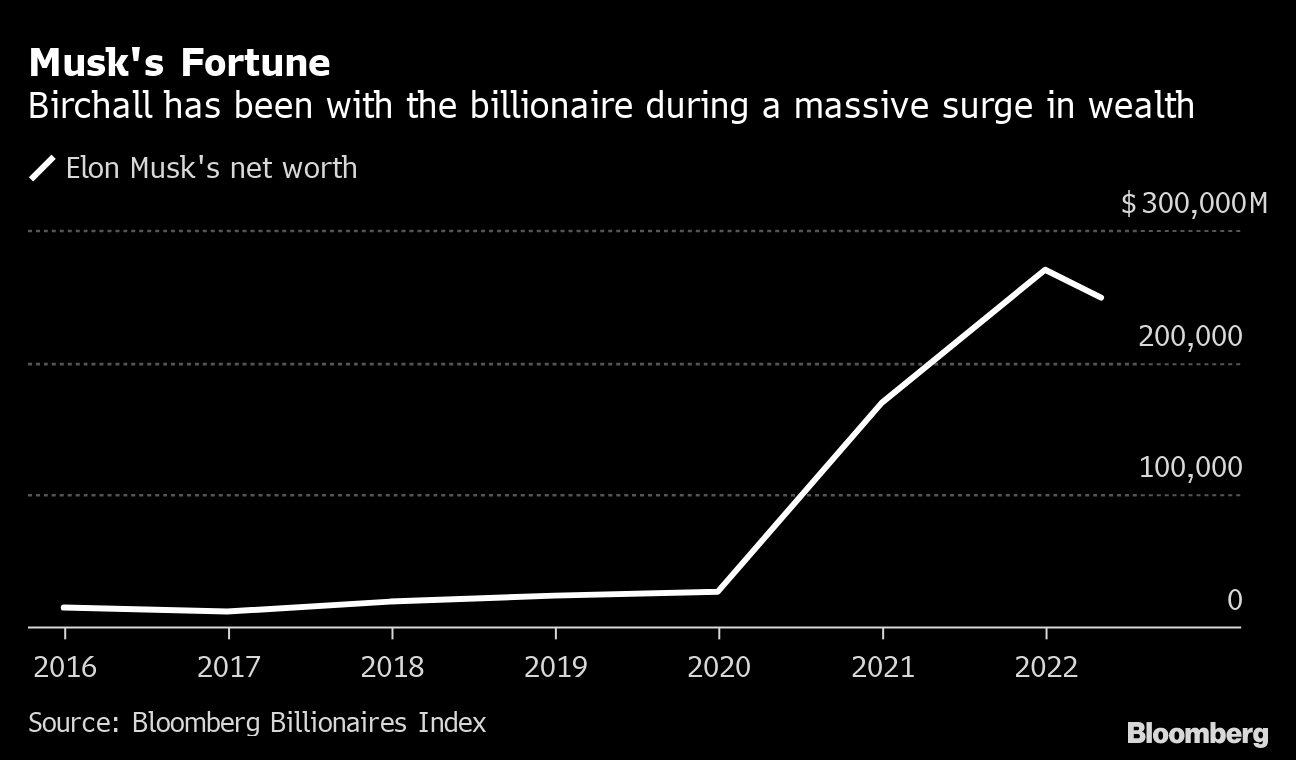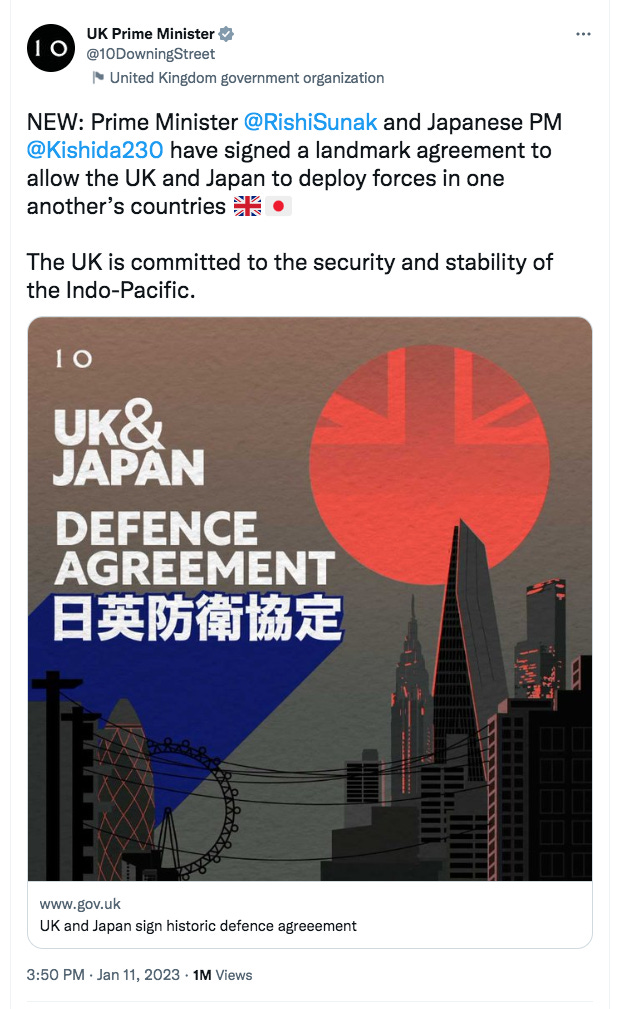Digest 11: Does the Prime Minister know more about the state of the world than a hedge fund manager? Infrastructure done in a democracy. Elon Musk’s family office
My favourite highlights from the past two weeks…
Does the Prime Minister know more about the state of the world than a hedge fund manager?
Clip for ~4 minutes.
How to get infrastructure done in a democracy
I watched a 1989 documentary about Robert Moses, the great civic planner of New York.
Seeing how forceful he was in seizing private property (this in 1924) was notable.
2 minutes:
And (1 minute):
‘It has long been a cherished ambition of mine to weave together the loose strands and frayed edges of New York’s metropolitan arterial tapestry.’ Robert Moses
I didn’t know that he had run for New York Governor, and lost by the biggest margin in state history!
And this for a moment is really interesting. He held eight jobs, but accepted salary for only one. Despite all his power, he died with only $50,000 to his name. He did not care about personal wealth.
Robert Caro:
‘He tied together Long Island, Manhattan and the mainland with a single bridge. People had been talking about it for years. He got it done. It was a supreme example of building a huge public work in a democracy.’
I will at some stage dare pick up the 1,300-page Robert Caro biography of Moses.
The man who runs Elon Musk’s family office
I read two, what I thought reasonably good, profiles on the head of Elon Musk’s family office. (I share this not to air Musk dirty laundry, but because I’m fascinated by what this role would be like.)
Jared Birchall is the manager of Musk’s family office Excession; (at least in title) was CEO of Neuralink; a director at Boring Company; and is said to have had a hand in orchestrating the purchase of Twitter.
Birchall’s job description includes management of Musk’s hectic personal and professional schedule. He is the man behind the arrangements of Musk’s traveling and private jet appointments, security details, and the handling of his businesses. Birchall is also connected with the hiring of nannies for children, whom Musk shares with his Canadian partner and pop singer Grimes – sharing two kids aged two years and two months.
Birchall crossed paths with Musk about 10 years ago while working as a client adviser for Morgan Stanley in southern California. There, he impressed Musk by helping arrange hundreds of millions of dollars of loans from the investment bank at a time when the Tesla co-founder was strapped for cash… When Mr. Musk started a private firm to manage his own money roughly six years ago, he tapped Mr. Birchall to run it.
According to these pieces, the family offices of Jeff Bezos and Bill Gates both have roughly 100 employees. Musk’s has a grand total of two people.
Of course, the majority of Elon’s wealth is his 16% stake of Tesla.
But for perspective: Elon’s said to be worth ~$246 billion. The whole of Bridgewater manages about $160 billion in assets.
…the big banks Musk routinely turns to for mega loans. Those have been key to how Musk has grown his fortune, borrowing to fund new ventures instead of being forced to sell Tesla stock. That’s also significantly reduced his tax obligations.
‘A desk is a dangerous place from which to view the world’
~1 minute:
(I think this is true of geopolitics as well as investing.)
And a quick anecdote also from Alix Pasquet to further this:


UK & Japan defence agreement
This to me felt historically significant, and didn’t seem to get much press coverage:
Sebastian Mallaby, the embargo on semiconductor exports to China
How analogous is this to a 1999 restriction on satellites?
In 1999, concerned about leaks of U.S. satellite technology to China, the United States blocked U.S. firms from providing U.S. satellites to be launched on Chinese rockets. For a while, this set back the Chinese space program. But China pretty quickly identified other willing satellite suppliers, and its prowess in launching these on Chinese rockets caught up with American capabilities. Meanwhile, cut off from the Chinese market, the U.S. satellite industry faltered, and its share of global satellite exports crashed from 73 percent to 25 percent.
All of which means the Biden team has set off on an unproven and high-risk path. Its semiconductor embargo could turn out to be a masterstroke if allies sustain their support for it. But absent international backing, Biden’s sanctions could accelerate China’s progress toward semiconductor self-sufficiency and damage U.S. industry at the same time.
I’ve heard arguments from others that the U.S. and allies are sufficiently far ahead, and the development of advanced semiconductors is so uniquely difficult, it’s unrealistic China will now catch up any time soon.
But – while I am extremely non-expert here (and while granting there’s no easy option) – from simple arithmetic of how big the respective markets are, I fear history could easily repeat itself.
Why is the Democratic left so gung-ho on Ukraine?
Dominic Cummings again:
For a lot of American elites, the war against Russia is also a war against Trump. Because a lot of these people still believe fictitious conspiracies that Trump was put in by Putin.
Dominic also tweeted an interesting interview with Erich Vad, who from 2006–2013 was Angela Merkel’s military policy advisor.
We have a militarily operational stalemate, which we cannot solve militarily. Incidentally, this is also the opinion of the American Chief of Staff Mark Milley. He said that Ukraine’s military victory is not to be expected and that negotiations are the only possible way. Anything else is a senseless waste of human life.
General Milley caused a lot of trouble in Washington with his statement and was also heavily criticized in public.
He spoke an uncomfortable truth. A truth that, by the way, was hardly ever published in the German media. The interview with CNN’s Milley didn’t show up anywhere bigger, when he’s the chief of staff of our western powerhouse. What is going on in Ukraine is a war of attrition. And one with meanwhile almost 200,000 fallen and wounded soldiers on both sides, with 50,000 civilian dead and with millions of refugees.Military experts - who know what’s going on among the secret services, what it’s like on the ground and what war really means - are largely excluded from the discourse. They don’t fit in with media opinion-forming. We are largely experiencing a media synchronization that I have never experienced in the Federal Republic. This is pure opinion making.
To be clear: none of this is pro-Russian. Rather anti needless deaths and ‘war of attrition’, and anti any increased risk of use of nuclear weapons.
If the above runs counter to your present view of Ukraine, I encourage you to read the (relatively short) interview in full. (Using Google Chrome you can translate the interview to English.)
*
Thank you for reading. If you got something out of this, please share it with one person you know who might benefit from it.






